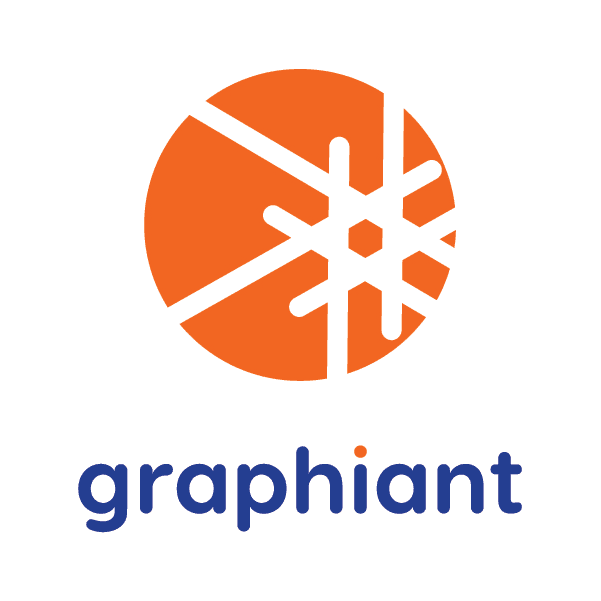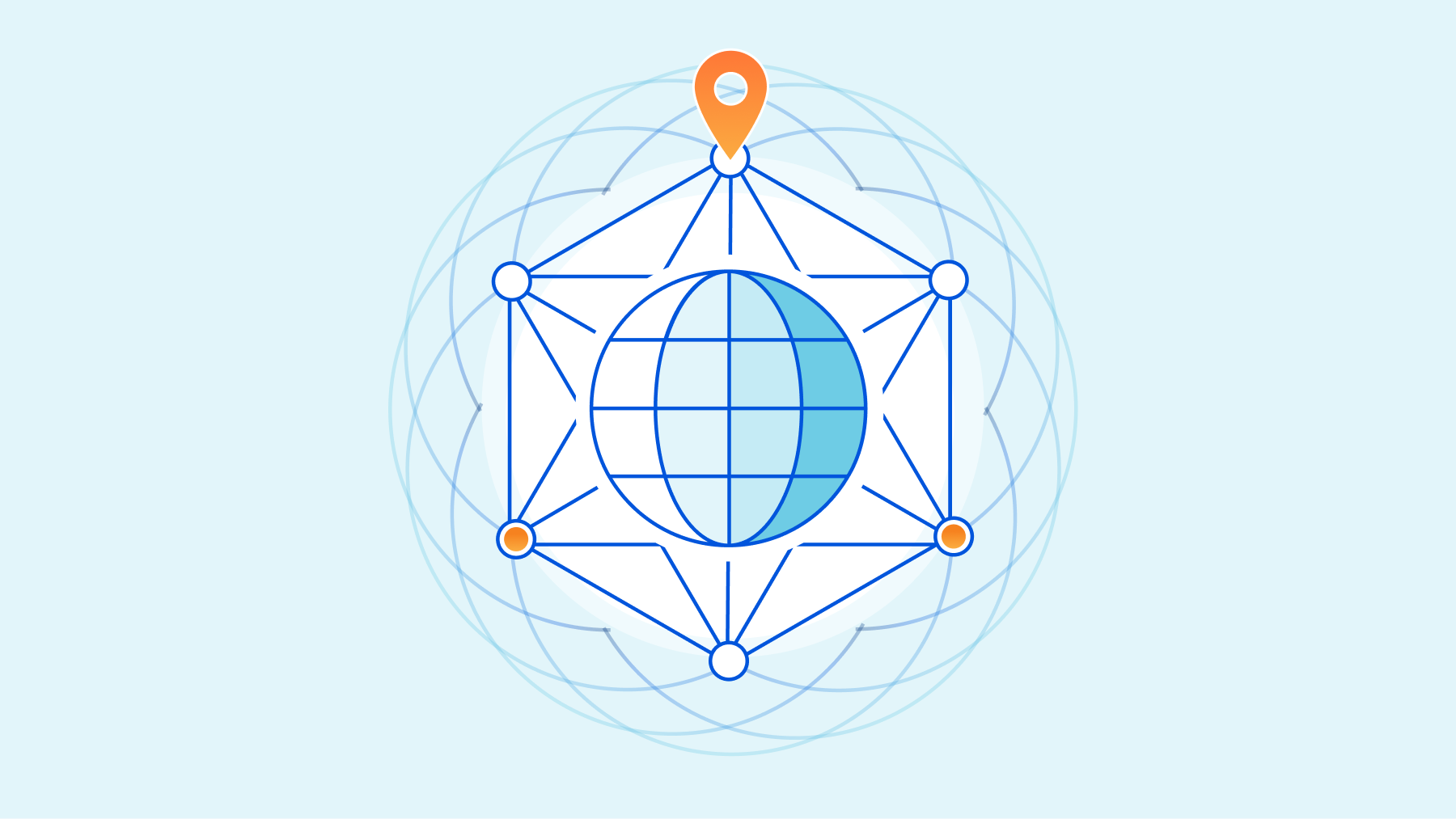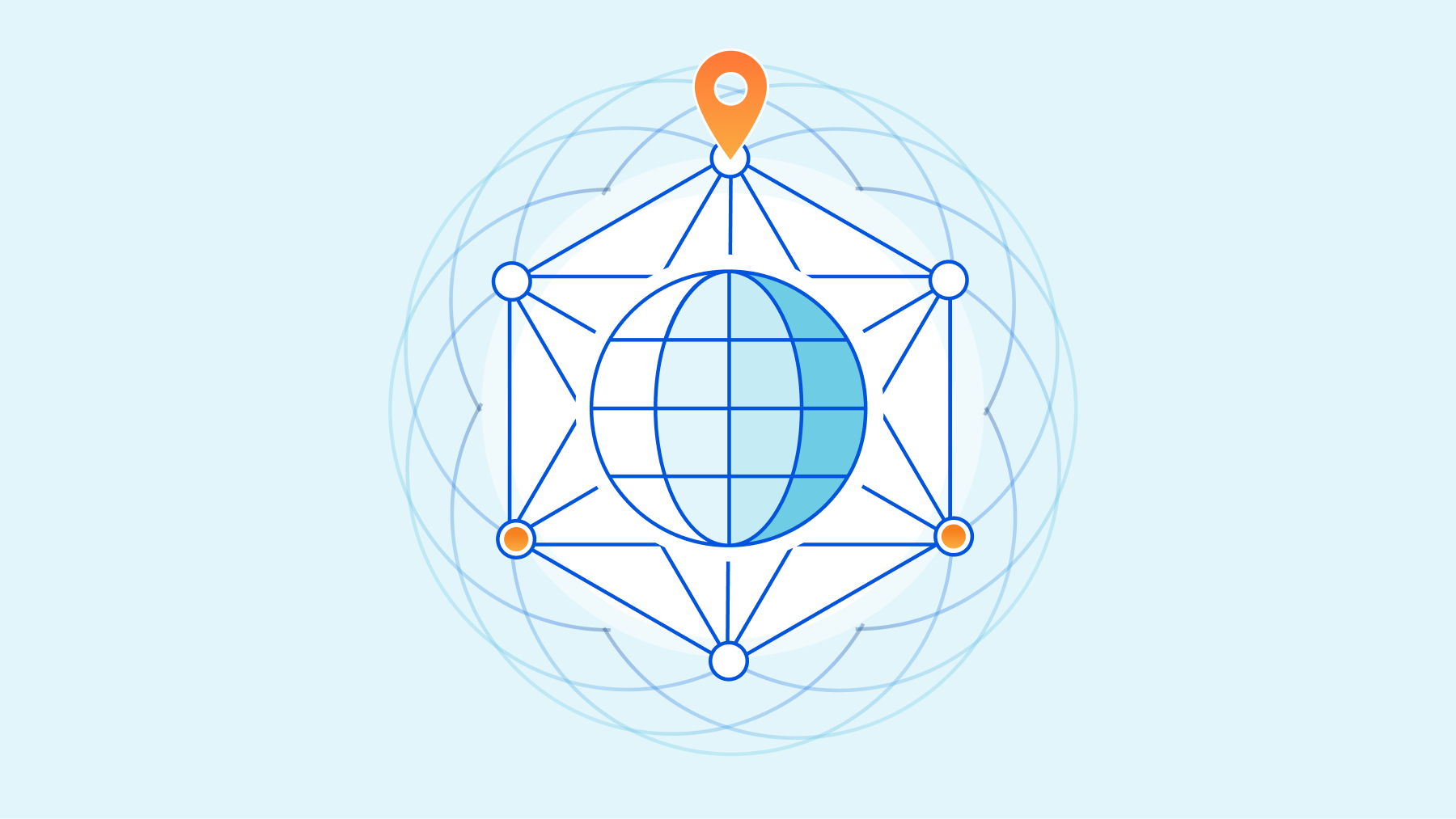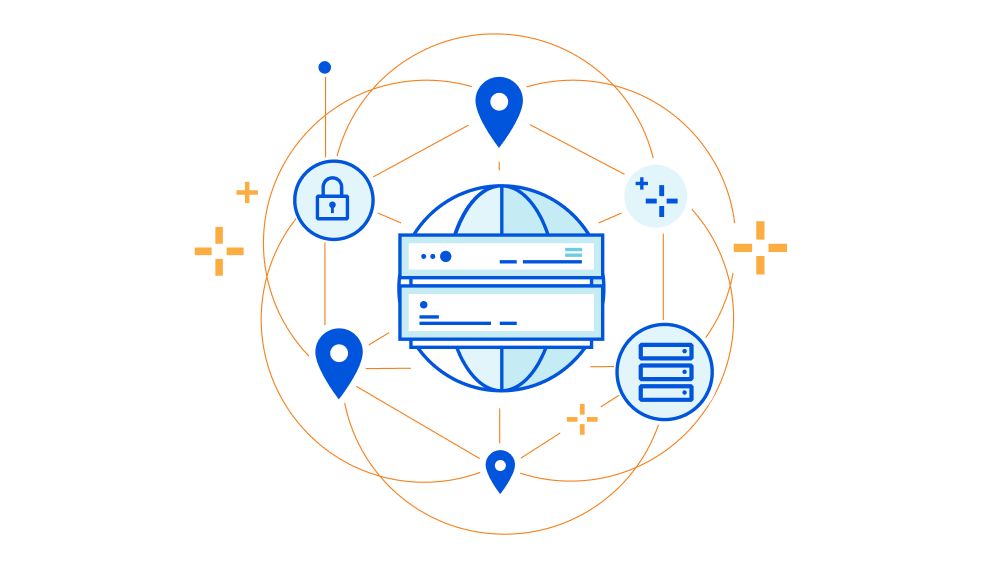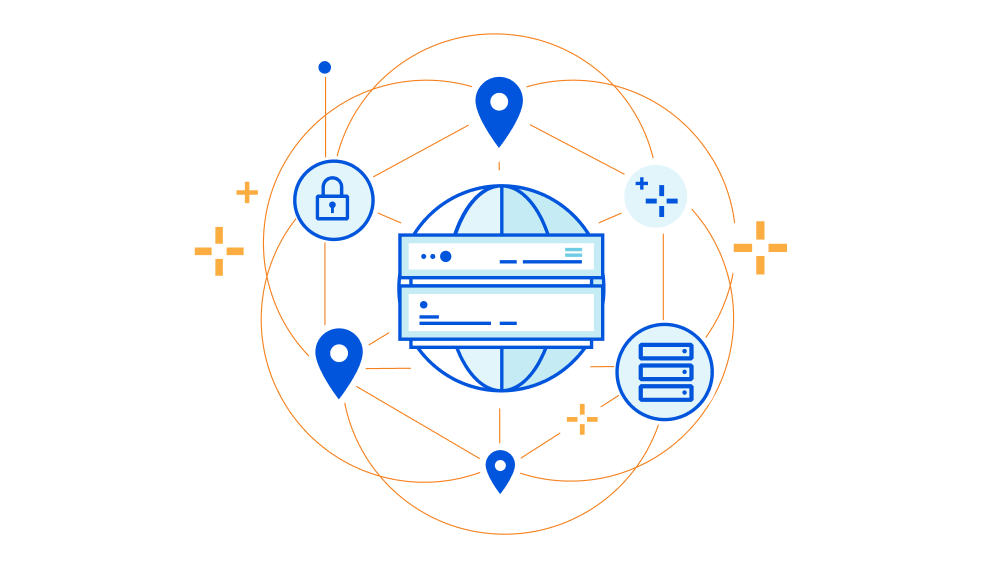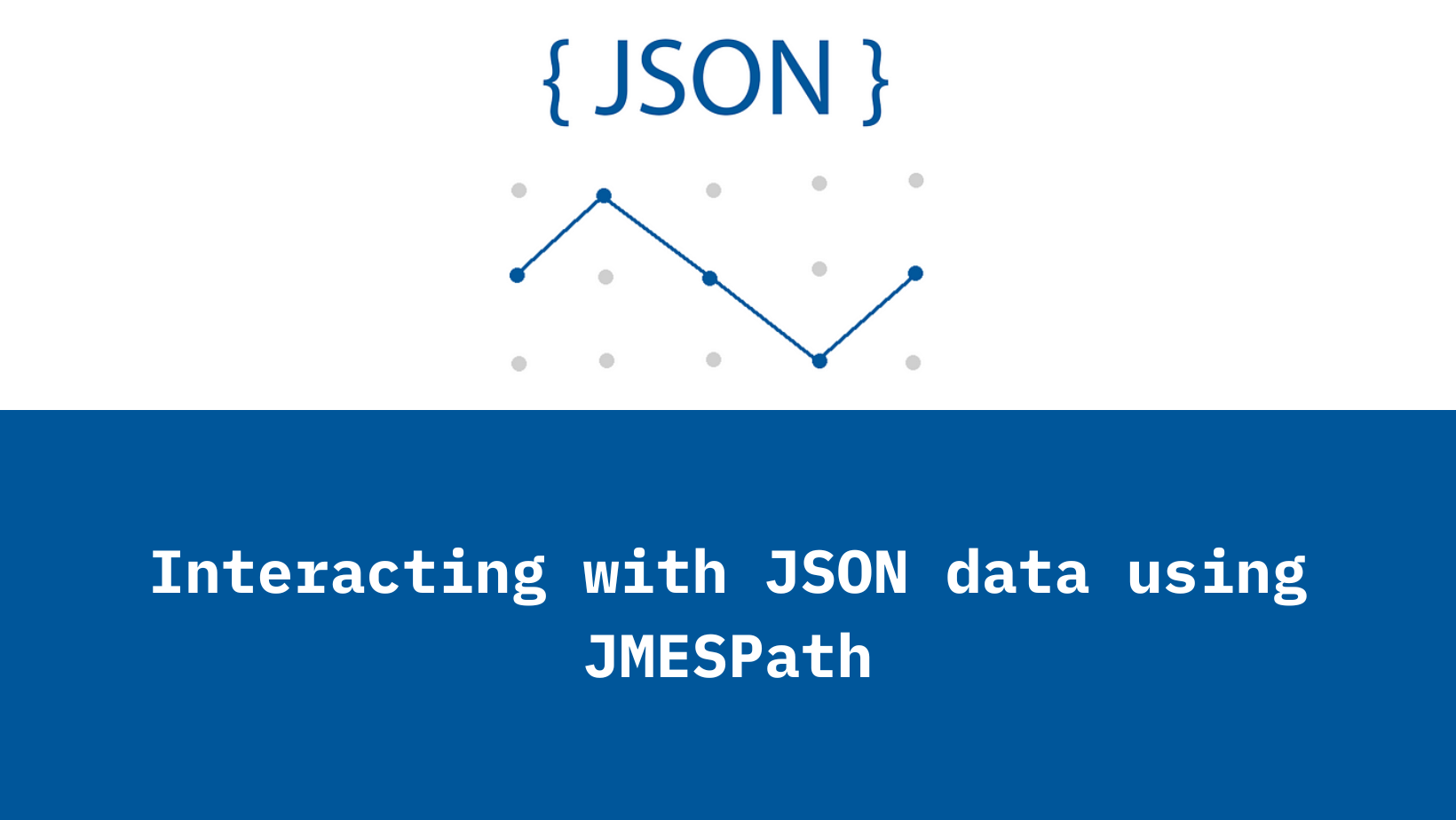What’s new in Calico Enterprise 3.15: FIPS 140-2 compliance, new dashboards, egress gateway pod failover, and more!
Tigera provides the industry’s only active Cloud-Native Application Security Platform (CNAPP) for containers and Kubernetes. Available as a fully managed SaaS (Calico Cloud) or a self-managed service (Calico Enterprise), the platform prevents, detects, troubleshoots, and automatically mitigates exposure risks of security issues in build, deploy, and runtime stages across multi-cluster, multi-cloud, and hybrid deployments.
We are very excited to unveil Calico Enterprise 3.15 and its new capabilities that will further reduce your applications’ attack surface and improve threat detection capabilities. Read this blog to learn about some of the biggest highlights of this latest release.
FIPS-140-2 compliance for US federal regulation
US federal agencies require that any software they use be compliant with the Federal Information Processing Standard (140-2), also known as FIPS 140-2. FIPS 140-2 specifies security requirements that are satisfied by a cryptographic module of applications and environments. With the release of Calico Enterprise 3.15, you can now configure Calico Enterprise to run in a FIPS 140-2 level 1 compliant mode to pass compliance requirements when serving US federal regulatory agencies.
When installing Calico Enterprise, you now have the option to install the platform in FIPS-compliant mode. This will ensure that the Calico components that are Continue reading
